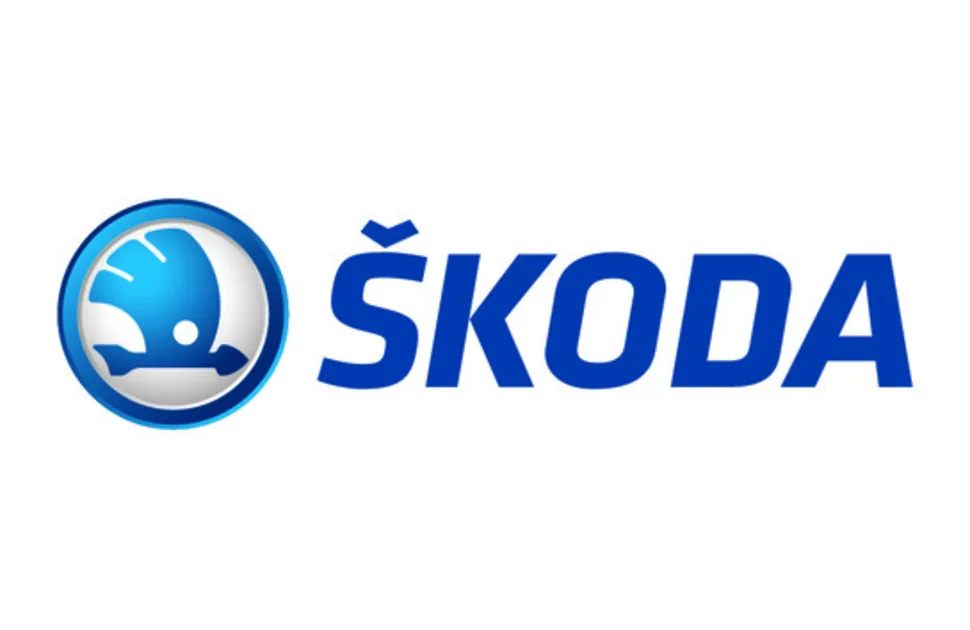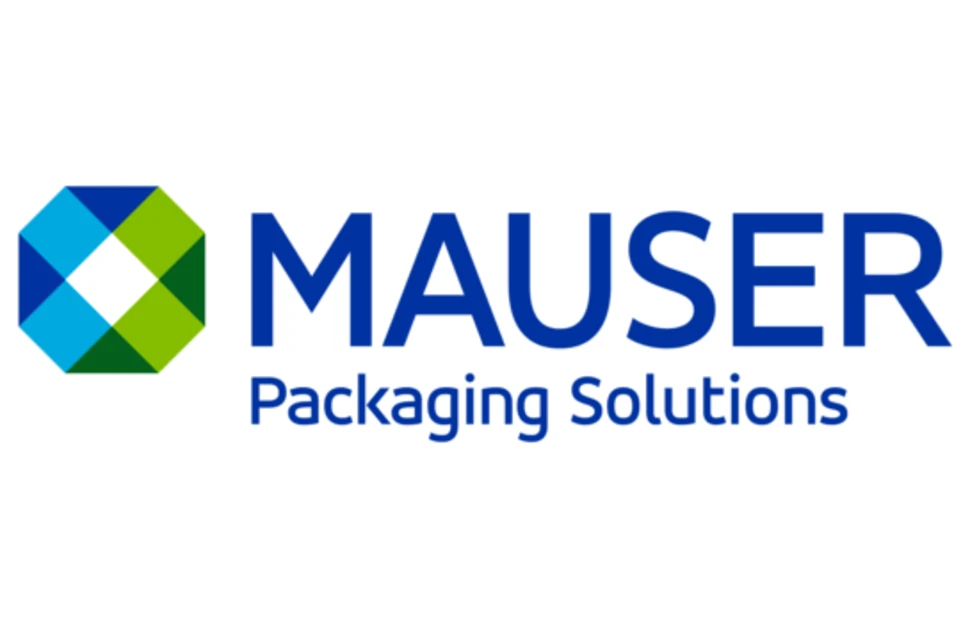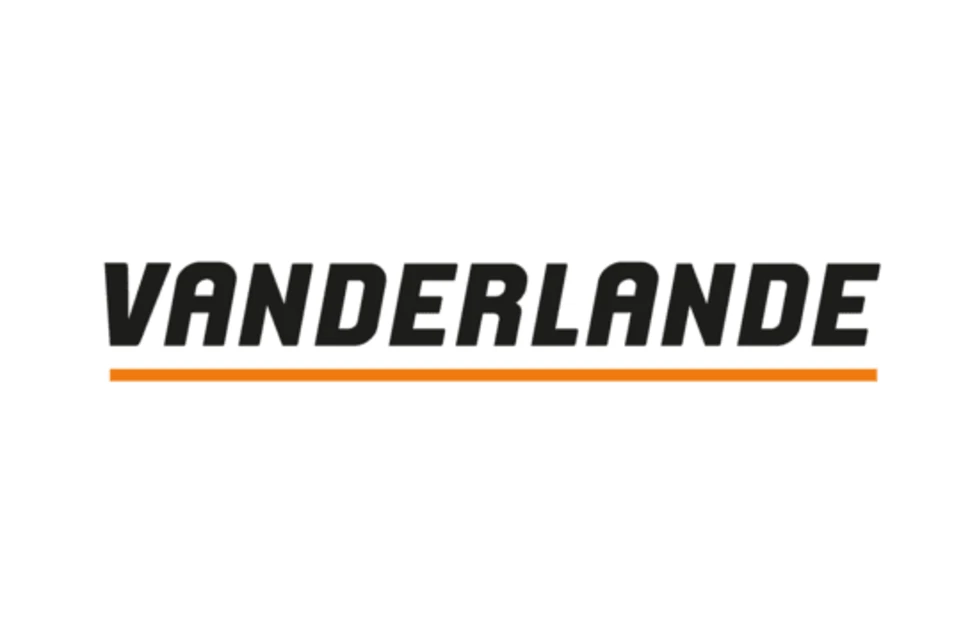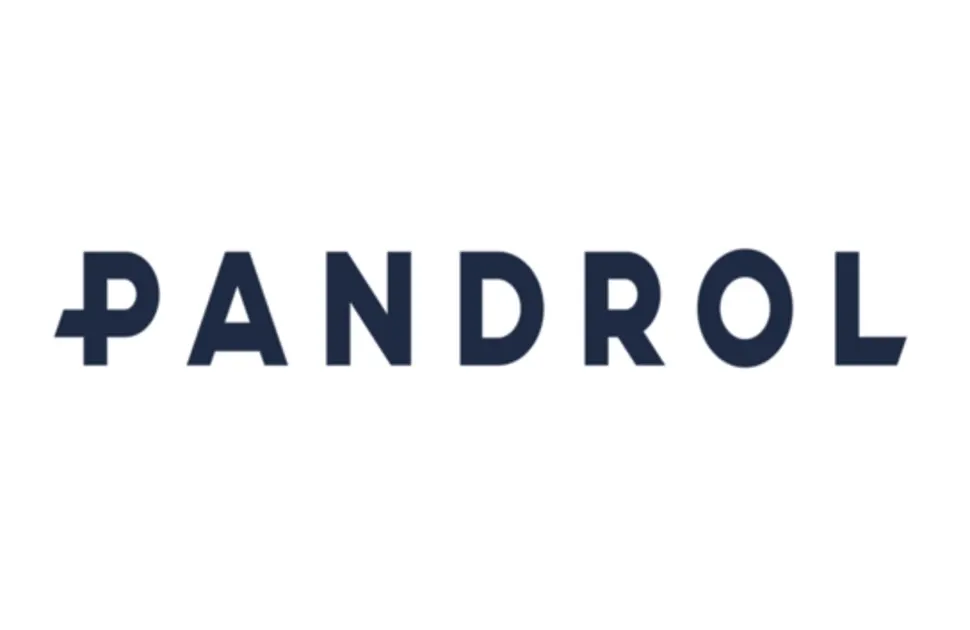German Steel Buyers Revise Their Purchase Volumes
Germany’s industries are starting to reopen business as normal. As steel buyers return to work, they are revising their purchase quantities, for this year, by postponing and cancelling selected orders.
The steelmakers have excess stocks as many customers are not taking delivery of material. Service centres built up inventory of strip mill products, at the start of the year, most of which is yet to be sold.
The automotive sector has been badly hit by the virus. The general industry is faring better, as is construction.
Production to fall 32% Y-o-Y
German crude steel production is forecast to decline to just 7 million tonnes, in the second quarter. This is 3 million tonnes less than the volume manufactured by domestic steelmakers in the April/June 2019 period, and equates to a decrease of 32 percent.
Despite producers’ output cuts, hot rolled coil supply continues to outstrip demand. Russian steel suppliers are very active in the German market, seeking sales volumes and foreign currency. Domestic selling figures moved down substantially, this month.
The lack of vehicle manufacturing, in both March and April, affected the hot dipped galvanised coil order books at both the mills and many service centres, with cancellations and postponements now taking place. Distributors dealing in cold rolled coil reported a slowdown in activity, in particular, from auto-related customers, last month. May business is reviving, albeit slowly. Due to poor demand, prices for value-added material are declining.
Plate demand weakens
German plate demand was buoyant until the end of March, but activity in April was weak. Customers are now returning to work, but a total recovery in business is expected to take considerable time. End-users only order what is absolutely necessary because of the current uncertainty.
A recent price hike attempt by the plate mills failed to gain traction. In reality, discounts are noted due to reduced slab and raw material costs. Resale values at the service centres are also decreasing. Traders, at Antwerp, are trying to move their relatively high stocks by discounting prices.
Longs fail to follow scrap
Ferrous scrap prices increased in the German market, in May. A reduction in the collection of old scrap and the generation of new material, resulted in a tightening of supply. Nonetheless, German long product prices failed to follow the upward movement in scrap costs. Steel transaction values were stable to down, this month.
Supply is plentiful, in the market for structural sections and beams. Mills are short of business. Distributors complain of unfair competition as steelmakers sell directly to fabricators at significantly reduced prices. Few new projects are in the pipeline. Competition in the distribution sector is fierce. Cuts to credit insurance limits are having a major impact on business.
German rebar mill order books are satisfactory, thanks to reasonable activity in the construction industry. Producers would like to impose a price rise, driven by the limited availability of scrap. However, competition from favourably priced offers, from southern European mills, makes it very difficult to pass on rising raw material costs. Similar conditions are noted in the market for mesh quality wire rod, where prices are also under negative pressure.
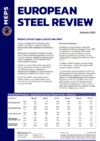
Source:
European Steel Review
The MEPS European Steel Review is an informative, concise and easy-to-use monthly publication, offering unique professional insight into European carbon steel prices.
Go to productRequest a free publication
